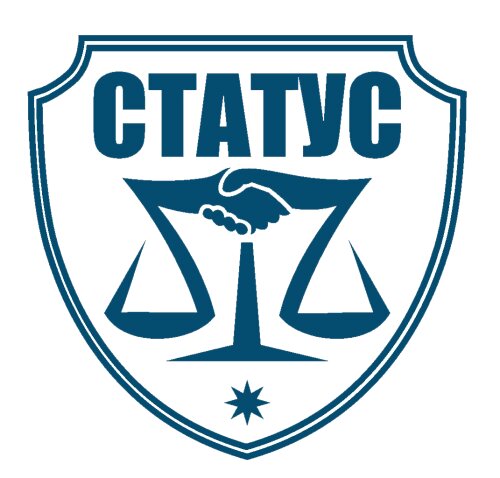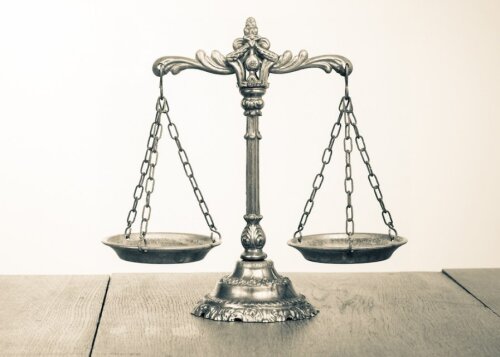Best Debt & Collection Lawyers in Russia
Share your needs with us, get contacted by law firms.
Free. Takes 2 min.
Or refine your search by selecting a city:
List of the best lawyers in Russia
About Debt & Collection Law in Russia
Debt & Collection law in Russia involves regulations governing the recovery of owed money and the rights of both creditors and debtors. The legal framework aims to balance the interests of creditors seeking to recover debts and protect debtors from unfair or abusive collection practices. In Russia, key legislation includes the Civil Code, laws related to bankruptcy, and regulations set by the Central Bank of Russia concerning financial institutions.
Why You May Need a Lawyer
There are several situations where individuals or businesses might require legal assistance in the field of Debt & Collection in Russia:
- If you are a creditor seeking to legally recover a debt and need guidance on the appropriate procedures.
- If you are facing aggressive or unethical debt collection practices and require protection as a debtor.
- When you are involved in a bankruptcy process, either as a debtor or a creditor.
- If you need to negotiate debt settlement arrangements or restructuring.
- For businesses, when setting up internal credit control and debt recovery mechanisms while ensuring compliance with Russian laws.
Local Laws Overview
Russian Debt & Collection laws encompass various statutes and regulations:
- Civil Code of the Russian Federation: Governs general principles of obligations and contracts, which form the basis for debt agreements.
- Federal Law No. 127-FZ on Insolvency (Bankruptcy): Details procedures for declaring bankruptcy and the rights of creditors during insolvency proceedings.
- Bank of Russia's Regulations: Set guidelines for financial institutions on debt recovery practices.
- Consumer Rights Protection Law: Protects individual consumers against unfair debt collection practices and ensures transparency.
Frequently Asked Questions
What steps can I take if a borrower defaults on a loan?
Initially, contact the borrower to discuss the reason for default and attempt an amicable settlement. If resolution fails, legal action may be required, which could include issuing a formal demand for payment or filing a lawsuit.
What rights do I have if I'm being harassed by debt collectors?
Debtors in Russia are protected under consumer rights legislation against harassment. Debt collectors cannot use intimidation, threats, or involve third parties unfairly.
How can I enforce a court judgment to collect a debt?
A court judgment can be enforced through a writ of execution, enabling court bailiffs to take measures to recover the debt, such as seizing assets or garnishing wages.
Is there a statute of limitations on debt collection in Russia?
Generally, the statute of limitations for debt claims is three years from the date the creditor became aware of the infringement of rights.
Can I negotiate debt repayment terms with creditors?
Yes, debtors can negotiate payment plans or settlements with creditors. It's advisable to document any agreements reached in written contracts.
What should I do if my business partner declares bankruptcy?
File your claim with the bankruptcy trustee to participate in the distribution of the debtor's assets according to the priority of claims under Russian bankruptcy law.
Can I be held liable for my spouse's debts?
Typically, you are not liable for your spouse's debts unless you have co-signed or guaranteed the loan. Community property laws, however, can affect liability.
How are foreign debts enforced in Russia?
The enforcement of foreign judgments in Russia requires the foreign debt to be recognized by a Russian court, complying with international treaties and domestic regulations.
What can I do if I disagree with a debt collection lawsuit result?
You can appeal the court decision within a specific period, typically one month after the judgment, at a higher court level.
Can debt collectors seize my bank accounts?
If a court judgment allows for it, debt collectors may freeze and garnish funds from your bank account to satisfy the debt.
Additional Resources
For further assistance and information, consider the following resources:
- Federal Bailiffs Service of Russia: Manages enforcement of court decisions, including debt recovery.
- Central Bank of Russia: Provides guidelines and oversight for financial institutions handling debts.
- Local Legal Aid Services: Offer legal advice and support to individuals with limited financial resources.
Next Steps
If you're facing a debt-related legal issue in Russia, consider consulting with a qualified lawyer specializing in Debt & Collection. They can offer personalized advice tailored to your situation. Start by identifying lawyers with experience in Russian law by searching online directories, seeking referrals from trusted sources, or contacting the Russian Bar Association for recommendations.
Lawzana helps you find the best lawyers and law firms in Russia through a curated and pre-screened list of qualified legal professionals. Our platform offers rankings and detailed profiles of attorneys and law firms, allowing you to compare based on practice areas, including Debt & Collection, experience, and client feedback.
Each profile includes a description of the firm's areas of practice, client reviews, team members and partners, year of establishment, spoken languages, office locations, contact information, social media presence, and any published articles or resources. Most firms on our platform speak English and are experienced in both local and international legal matters.
Get a quote from top-rated law firms in Russia — quickly, securely, and without unnecessary hassle.
Disclaimer:
The information provided on this page is for general informational purposes only and does not constitute legal advice. While we strive to ensure the accuracy and relevance of the content, legal information may change over time, and interpretations of the law can vary. You should always consult with a qualified legal professional for advice specific to your situation.
We disclaim all liability for actions taken or not taken based on the content of this page. If you believe any information is incorrect or outdated, please contact us, and we will review and update it where appropriate.
Browse debt & collection law firms by city in Russia
Refine your search by selecting a city.
















